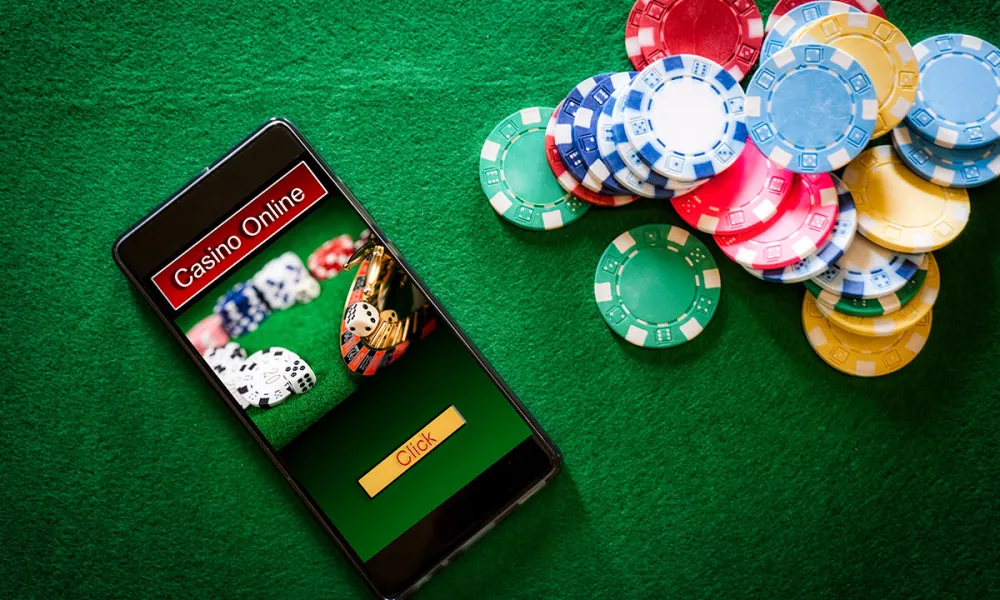Skills-based slots combine traditional spinning mechanics with interactive challenges. Alternative interaction styles appear as paris88 slot gacor supports modes that blend chance and player input. Performance during these skill portions influences prize values, bonus multipliers, or feature progression. The concept targets younger demographics raised on video games who find pure chance-based gambling less engaging than games that reward competency.
Traditional slots operate entirely on predetermined odds. Hit the spin button, mathematics determines the outcome; nothing you do changes the results. Skill-based variants keep this foundation for base gameplay but inject controllable elements during bonus rounds. A shooting gallery might pop up where aim and timing determine how many targets you hit. A puzzle sequence could require pattern matching under time pressure. A racing segment might let you steer through obstacles. Better performance equals better payouts, though the skill portion usually modifies prizes within preset ranges rather than creating unlimited win potential.
Hybrid gameplay structure
Most skill slots maintain traditional reel spinning for their base game. Random number generators still control symbol landings, payline hits, and scatter appearances just like conventional slots. This keeps them legally classified as slots for regulatory purposes while preserving familiar gameplay that slot audiences expect. Skill elements emerge primarily during triggered bonus features. Landing bonus symbols launches separate game screens where player actions matter. These skill challenges typically last 30 seconds to two minutes before returning players to standard spinning. The brief duration keeps the game flow moving while injecting interactive variety that breaks up repetitive reel watching.
Performance reward systems
A skill challenge awards prizes based on achievement levels. Five targets could be paid 10x, 10 targets, 25x, and 15 targets, 50x, respectively. High-tier players collect greater multipliers and have better aim. Common reward structures include:
- Tiered achievement bonuses where performance thresholds unlock better prizes
- Multipliers applied to base bonus amounts that scale with skill performance
- Progressive unlocking, where completing challenges opens additional bonus stages
- Competitive leaderboards paying top performers from shared prize pools
- Combo systems reward consecutive successful actions with increasing values
The skill influence typically operates within boundaries. Even poor performance guarantees minimum payouts, while maximum wins are capped regardless of extraordinary skill. This balance maintains slot mathematics for house edge calculations while giving skilled players advantages over those performing poorly.
Popular skill mechanics
Shooting challenges dominate skill slot implementations. Targets appear across screens, moving at various speeds and sizes. Players aim and fire, accumulating points for successful hits. Some versions add combo multipliers for consecutive hits or bonus points for striking specific high-value targets. Puzzle matching represents another common skill type. Symbol grids require players to match three or more identical pieces within time limits. Faster completion or longer combo chains generate better prizes. These mechanics borrow directly from mobile puzzle games familiar to younger players.
Timing challenges test reflexes through button presses or swipes executed at precise moments. A moving indicator might sweep across a prize wheel where timed button presses stop it on specific segments. Successful timing lands on high-value sections while poor timing hits lower prizes. Strategy challenges involve decision trees where choices affect outcomes. Players might select paths through branching storylines where decisions lead to better or worse prize rooms. These create replay value since different choice combinations produce varied results.
Skill-based slots integrate interactive challenges into traditional slot frameworks, letting player performance influence bonus outcomes within controlled parameters. Shooting galleries, puzzle matching, timing tests, and strategic choices represent common skill mechanics designed to attract audiences seeking more engagement than pure luck-based spinning provides.

